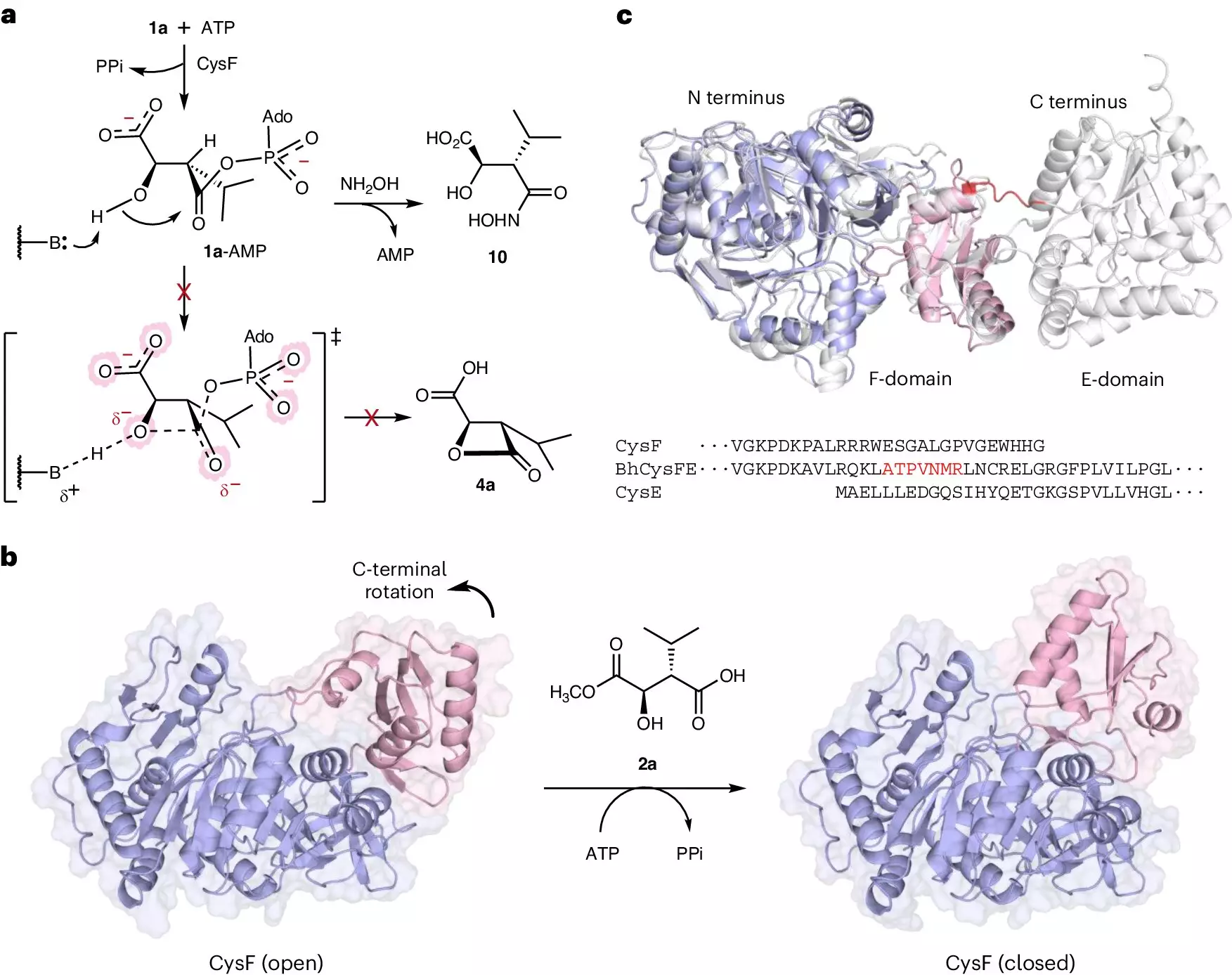The realm of peptide-based medicines has long been heralded as a beacon of hope in the battle against some of the most challenging diseases, notably cancer. These small chains of amino acids serve the vital function of regulating physiological processes and are integral components of numerous therapeutic applications. From combating malignancies to managing diabetes and enhancing vaccine efficacy, the versatility of peptides is immense. However, the conventional methods of synthesizing these life-saving compounds have posed significant challenges, not only from a technical standpoint but also in terms of their environmental impact and scalability.
Environmental Concerns and the Need for Innovation
The traditional chemical synthesis of peptides is plagued by burdensome processes that often yield toxic byproducts, wasteful practices, and high operational costs. These methods can involve convoluted steps, sometimes exceeding a dozen, leading to substantial resource depletion and harmful ecological footprints. The need for a more sustainable, efficient approach to peptide synthesis has thus grown urgent, paralleling the increasing global focus on sustainability in drug production.
The unsustainability of existing techniques has culminated in limited accessibility to vital peptide-based therapies, making it essential for researchers to innovate. An encouraging breakthrough has emerged from the University of Manchester, where scientists have unveiled a groundbreaking technique that might redefine how peptides are produced.
A Game-Changing Discovery: New Ligase Enzymes
The Manchester team, led by Professor Jason Micklefield, embarked on a project to discover novel ligase enzymes that could serve as molecular “glue” to facilitate peptide assembly. Their research has resulted in the identification of a new family of ligases capable of simplifying the production process while yielding greater quantities of peptides. Utilizing these enzymes in a single cascade reaction dramatically reduces the number of steps required and minimizes waste, which could revolutionize not only cancer treatment but also a broad spectrum of other medical applications.
The implications of this discovery are profound. By circumventing the laborious, multistep processes typical of traditional peptide synthesis, the new ligase enzymes provide a streamlined and eco-friendly alternative. This aligns with the pressing need for drug production methods that are not only cost-effective but also environmentally sustainable.
Unpacking the Potential: Efficiency Meets Efficacy
The potential applications of this innovative technology are vast. By facilitating the creation of peptides with promising anti-cancer activity, the research team is paving the way for more effective treatments with higher yields. As described by Dr. Guangcai Xu, the ligases offer a clean and efficient mechanism for producing these important molecules, which could lead to the development of not just peptide medicines but also other therapeutic applications.
Moreover, the collaborative efforts with leading pharmaceutical companies signal a strong commitment to translating these scientific advancements into real-world applications. Scaling up production efficiently could be transformative, not just for the pharmaceutical industry but also for patient accessibility to these cutting-edge treatments.
A Future Defined by Sustainable Health Solutions
As we move forward, the imperative to establish sustainable health solutions has never been clearer. The breakthroughs at the University of Manchester stand as a testament to the power of scientific innovation to address pressing health challenges while minimizing environmental harm. By emphasizing the development of cleaner methodologies in peptide synthesis, researchers are not only fostering a healthier future for patients but also prioritizing the planet’s well-being.
The path ahead is ripe with possibilities as scientists continue to explore the intricacies of peptide assembly. If effectively harnessed, these advancements may not only alter the therapeutic landscape but also influence how future generations of medicine are conceived and produced, with sustainability at the forefront of scientific endeavors. In an era where patient care and ecological responsibility must coalesce, the recent revelations from Manchester represent a bold stride toward a brighter, healthier future for all.

